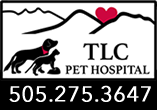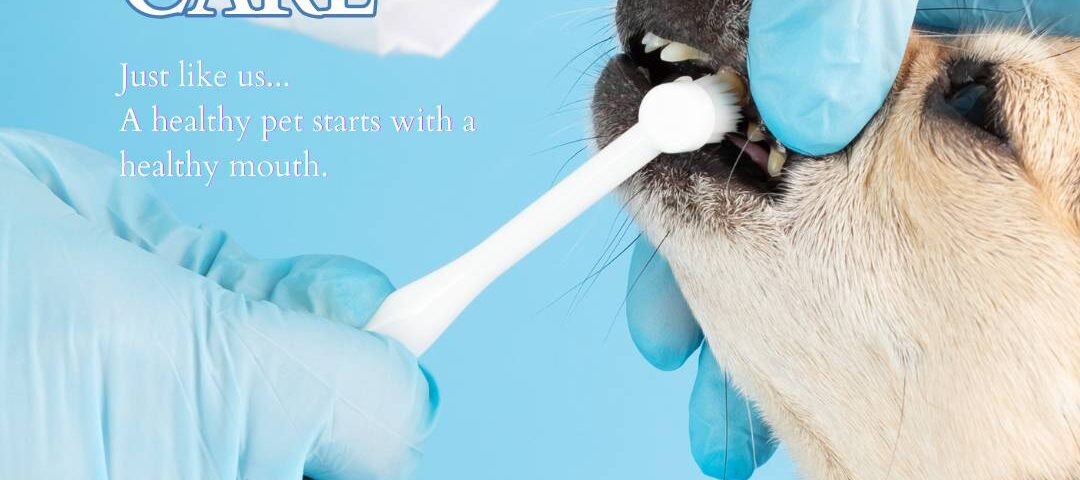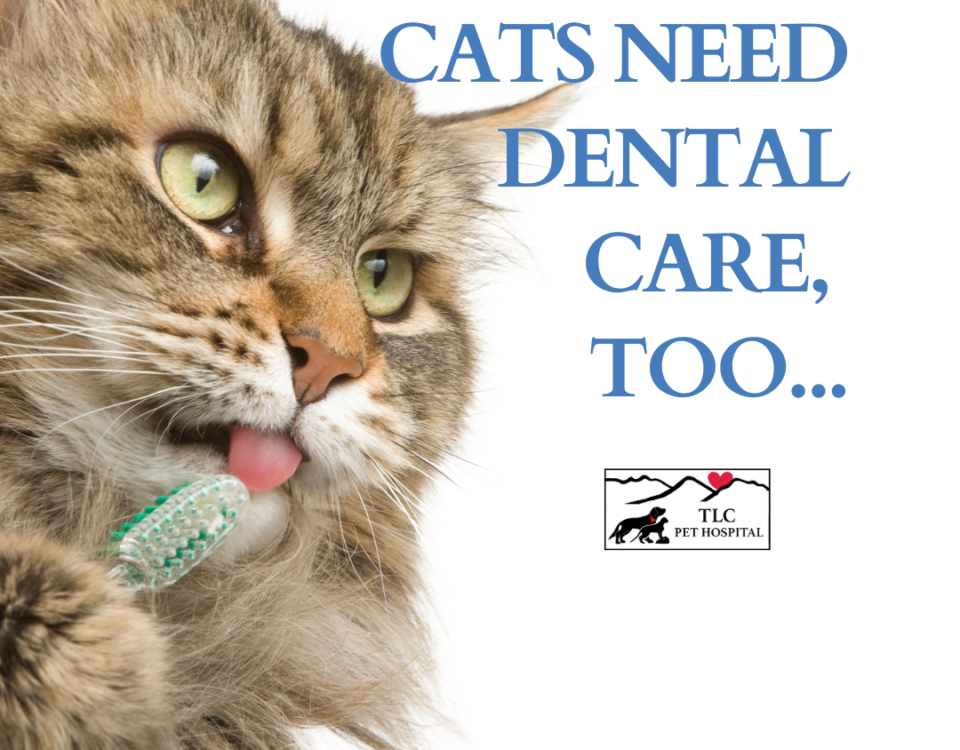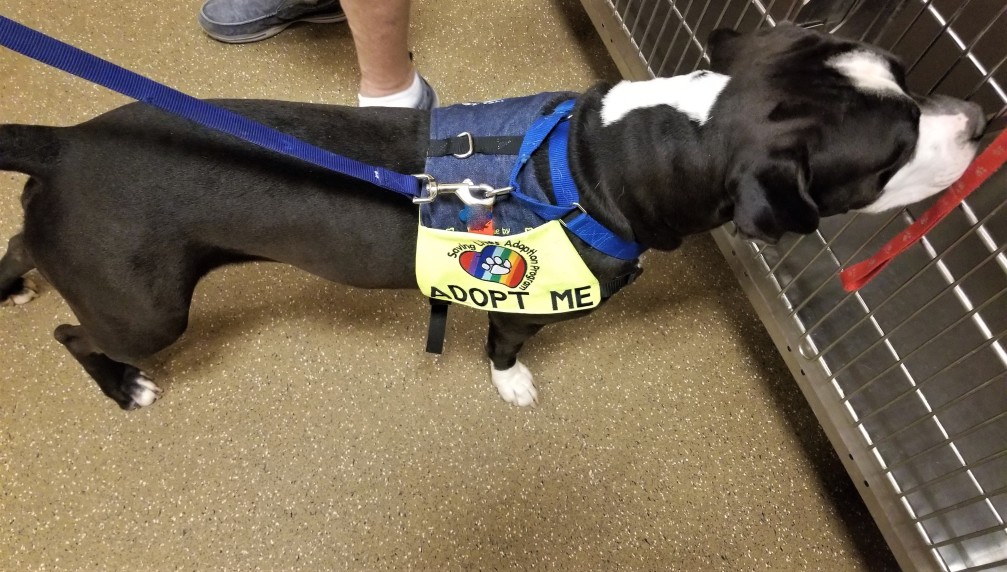
New Year Resolutions: Setting 2025 Wellness Goals for Your Furry Friend
January 2, 2025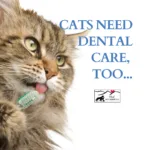
At-Home Dental Care Tips for Pets
February 20, 2025Your furry friend depends on you for their care, love, and attention. While you may already stay on top of vaccinations, grooming, and exercise, there’s one critical aspect of your pet’s health that often gets overlooked—dental care. Just like humans, pets benefit greatly from regular dental check-ups. These visits help keep their teeth and gums healthy while preventing more serious health concerns down the road.
Why Routine Dental Exams Matter
Dental health isn’t just about maintaining fresh breath. A pet’s oral health is intricately tied to their overall health. Without proper care, plaque and tartar build-up can lead to painful conditions like gum disease, tooth decay, and even tooth loss. Beyond the mouth, poor dental health can allow bacteria to enter your pet’s bloodstream, potentially affecting vital organs like the heart, liver, and kidneys.
By scheduling regular dental check-ups, you provide your pet the opportunity to live a happier, healthier life. These exams help veterinarians identify problems early and recommend treatments or lifestyle changes that can make a big difference.
Common Dental Issues in Pets
Some of the most common dental issues we see in pets include:
-
Periodontal Disease: This is one of the most common problems in pets over the age of three. It starts as gingivitis (inflammation of the gums) and can progress to serious infections that cause pain and tooth loss.
-
Broken or Fractured Teeth: Pets can crack or break their teeth by chewing hard objects. Left untreated, these injuries can lead to infection or abscesses.
-
Oral Tumors: Abnormal growths can appear in the mouth, and while they aren’t always malignant, they need veterinary attention to confirm and treat properly.
-
Persistent Baby Teeth: Some young pets may have baby teeth that don’t fall out, creating overcrowding in the mouth and increasing the risk of gum disease.
The Power of Prevention with Early Detection
Catching dental problems early is key. Routine dental exams allow veterinarians to inspect your pet’s teeth, gums, and oral cavity thoroughly. Early detection of issues—like the ones listed above—means quicker, less invasive treatments and a better prognosis for your pet.
For example, treating gingivitis in its earliest stages can prevent it from developing into periodontal disease. Similarly, a cracked tooth found during a check-up might be treated with a simple extraction or repair, saving your pet from unnecessary pain and complications later.
Without regular care, these dental diseases can worsen, causing not only oral discomfort but systemic health issues. That’s why we recommend annual dental exams as part of your pet’s wellness routine. For pets with existing dental issues, more frequent visits may be necessary.
Keep Your Pet Smiling Bright
Your pet brings so much joy to your life—help them feel their best by prioritizing their dental care. At TLC Pet Hospital, we take pet dental health seriously. Our comprehensive dental exams include professional cleaning services that remove plaque and tartar, reducing the risk of dental disease. We’re here to guide you through the best options for your pet’s oral health care.
When it comes to keeping your pet happy and healthy, don’t forget about their dental needs. Schedule a routine dental check-up today and take the first step toward a lifetime of smiles, tail wags, and purrs.
Has your pet been in for their dental exam this year? If not, now’s the perfect time! Give us a call at [TLC Pet Hospital’s phone number] to book your appointment or learn more about our dental services. Your pet’s healthy smile is worth it!
